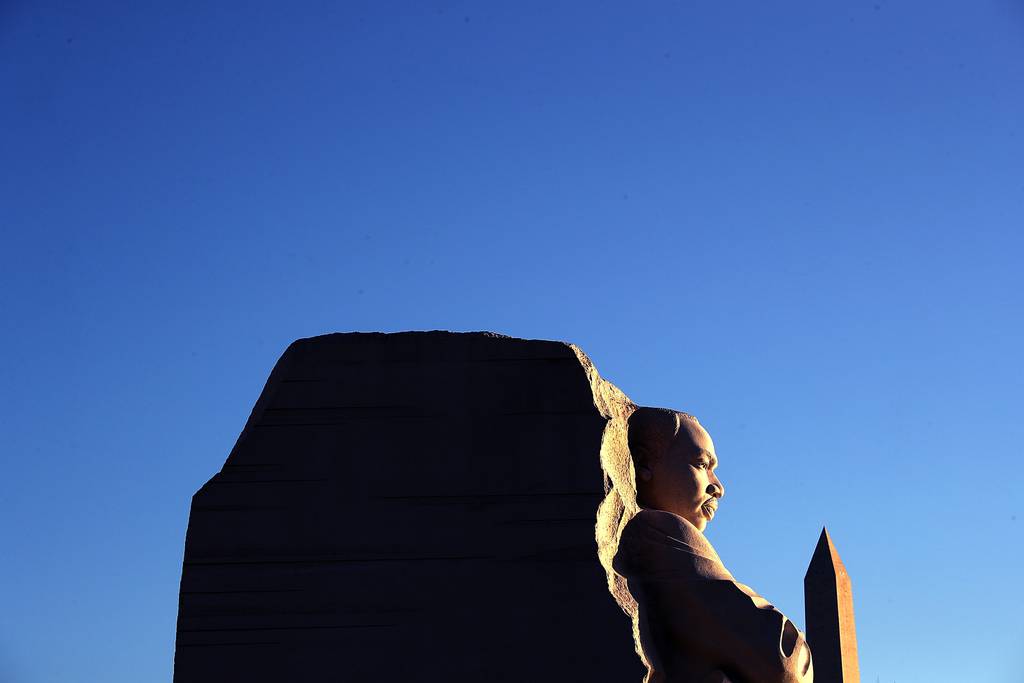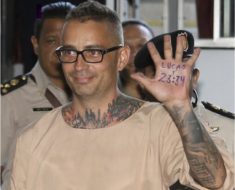Is MLK Day a government holiday?
Martin Luther King Jr.’s (MLK) accomplishments to racial justice and eradicating violent prejudice against Black people in the 1950s and 1960s are celebrated on his birthday.
Dr. King founded the Southern Christian Leadership Conference in 1957 and led the 1963 March on Washington, making him one of the most prominent Civil Rights activists.
Dr. King’s “I Have a Dream” address at the Lincoln Memorial on Aug. 28, 1963, calling for an end to racism is regarded one of the finest speeches in American history.
Dr. King became the youngest Nobel Peace Prize recipient in 1964. Four years later, at 39, he was slain on the Lorraine Motel balcony in Memphis, Tennessee.
Calls for a Dr. King holiday began a week after his death. After the assassination, Rep. John Conyers, who died in 2019, advocated for legislation to make King’s birthday a holiday.
A House vote on the federal holiday took nearly a decade. In the 1970s, some cities and states declared his birthday a holiday.
In 1983, President Ronald Reagan approved the measure, and MLK Day was officially acknowledged in 1986. By 2000, all 50 states had proclaimed it a state holiday.
On the third Monday of January, the nation celebrates the late Baptist minister’s birthday. Educational programs, speeches, marches, volunteer drives, and cultural tributes to Dr. King mark the anniversary nationwide. In 1994, Congress declared the holiday a “day on, not a day off” for service.
Federal employees and government offices will be closed on Jan. 16 for the 28th officially recognized MLK Day.
New Year’s Day, Martin Luther King Jr. Day, Inauguration Day, George Washington’s birthday, Memorial Day, Juneteenth, Independence Day, Labor Day, Columbus Day, Veterans Day, Thanksgiving Day, and Christmas Day are federal holidays.






